The influx of wealth from tech billionaires and venture capitalists into San Francisco politics has created a formidable political-influence machine, seeking to reshape the city’s policies.
Over the past six years, figures like William Oberndorf, Michael Moritz, Chris Larsen, David Sacks, Garry Tan, and Zachary Rosen have invested at least $5.7 million in pushing for tougher stances on crime and homelessness, as well as business-friendly and housing construction policies.
Who is William Oberndorf?
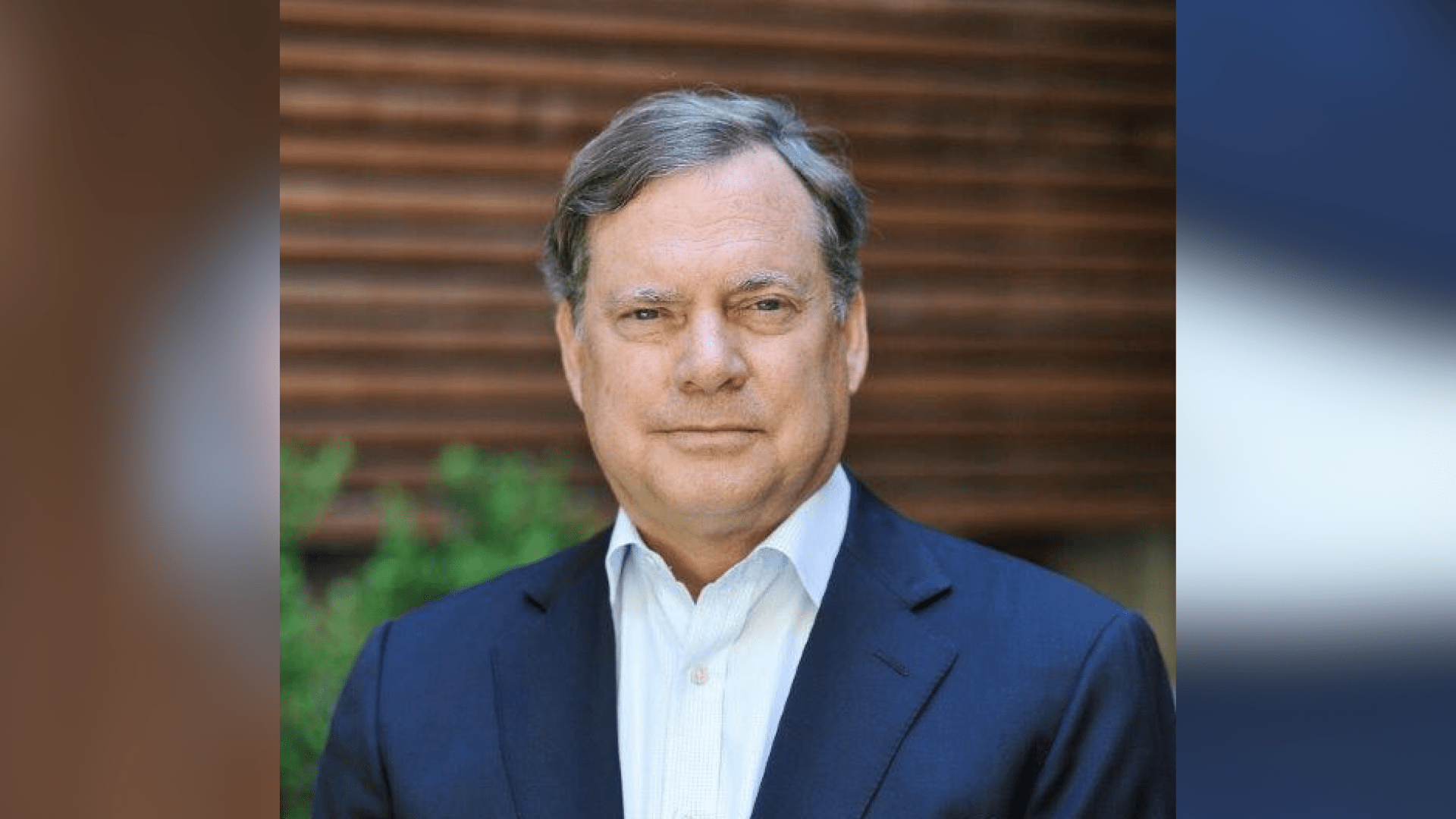
William Ernst Oberndorf is a prominent American billionaire businessman and influential Republican political donor. He was educated at the University School in Cleveland, Williams College, and Stanford Graduate School of Business. Taking inspiration from Warren Buffett, Oberndorf ventured into the financial realm by founding the investment firm SPO Partners in 1989.
Beyond his business ventures, Oberndorf is recognized for significant philanthropy. Notably, he serves as the chair of the UCSF Foundation, a pivotal role in supporting the University of California, San Francisco’s mission to advance global health initiatives. His dedication to both business and philanthropy underscores Oberndorf’s multifaceted impact on various sectors.
Who is Michael Moritz?
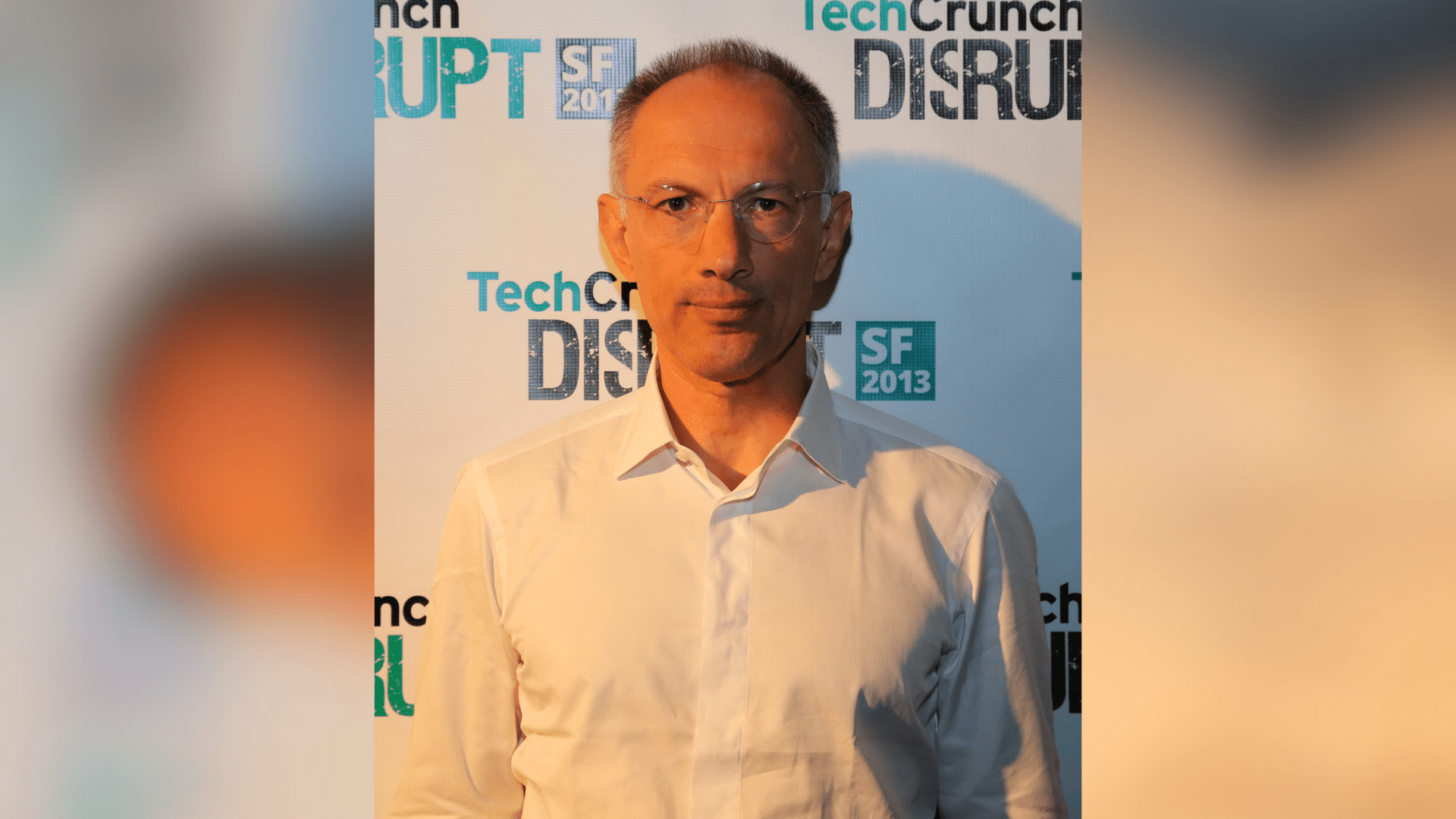
Michael Jonathan Moritz, born on September 12, 1954, is a Welsh-born American billionaire venture capitalist, philanthropist, author, and former journalist. Working with Sequoia Capital, Moritz strategically invested in major companies such as Google, Yahoo!, PayPal, LinkedIn, and Stripe.
Beginning his career as a journalist, Moritz played a crucial role in documenting the development of the Mac in the early 1980s, contributing significantly to the chronicles of Apple’s history. As the co-founder and president of the Crankstart Foundation, Moritz has made a lasting impact through philanthropic initiatives. Moritz achieved top recognition as the No. 1 venture capitalist on the Forbes Midas List in both 2006 and 2007, underscoring his influential role in the venture capital landscape.
Who is Chris Larsen?

Chris Larsen is a prominent American business executive and angel investor renowned for co-founding significant Silicon Valley technology startups. His notable ventures include E-Loan, an online mortgage lender founded in 1996, where he served as CEO and played a pivotal role in making it the first company to freely provide consumers’ FICO credit scores.
In 2006, Larsen co-founded Prosper Marketplace, a peer-to-peer lending platform, serving as its CEO until 2012. Notably, in 2012, he co-founded Ripple Labs, Inc., a key player in revolutionizing global financial technology through Ripple, a software facilitating instant and direct money transfers. Larsen is an active advocate for financial privacy, co-founding the coalition Californians for Privacy Now in 2001.
The Grey Money Network

To aid the billionaires’ pursuits, they have formed a complex network of non-profits, dark money groups, and political action committees (PACs), collectively known as a “grey money” network.
NeighborsSF, TogetherSF, and GrowSF, the primary groups in this network, have amassed over $26 million in contributions since 2020, channeling more than $21 million into various political issues.
A Hostile Takeover of Real Estate and Tech Interests?

Political consultant Jim Stearns criticizes the network, describing it as a “hostile takeover” by individuals with vested real estate and tech interests, estimating their combined wealth at $20 billion.
The involvement of a libertarian billionaire class in local politics, particularly during the pandemic, has intensified efforts to challenge progressive leaders and policies.
The Billionaires’ Priorities Differ

These tech billionaires advocate for a more stringent approach to homelessness, drug problems, increased law enforcement, and a business-friendly climate.
Their priorities differ, with Oberndorf focusing on charter school advocacy, Larsen supporting expanded police capabilities, and Garry Tan advocating for favorable policies for crypto, artificial intelligence, and autonomous cars.
Grey Money Network Influences Political Debates
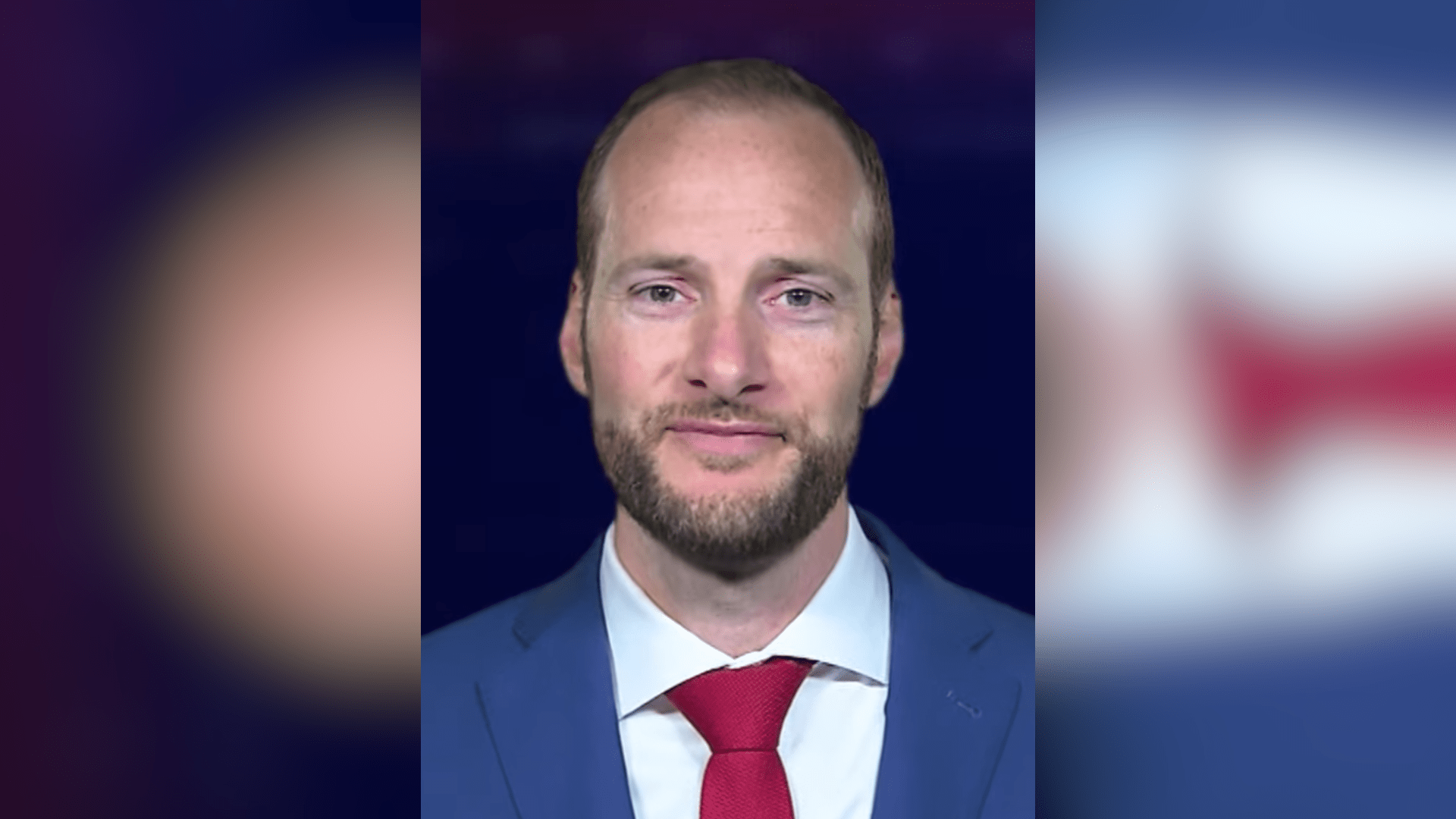
The network, operating through organizations like NeighborsSF, TogetherSF, and GrowSF, has influenced key debates, including the successful recall of school board members and the ousting of the progressive district attorney Chesa Boudin.
NeighborsSF played a crucial role in both campaigns, contributing millions to support recall efforts.
The Influence of Moritz and TogetherSF

The financial web extends further, with Moritz contributing over $336 million since 2020 towards various causes in San Francisco.
TogetherSF, an organization founded by Moritz, initiated a sarcastic poster campaign addressing the fentanyl crisis and campaigns for expanding mayoral power. Moritz also invested $10 million in the San Francisco Standard, a news publication run by Griffin Gaffney, co-founder of TogetherSF.
GrowSF Endorses “Common Sense” candidates
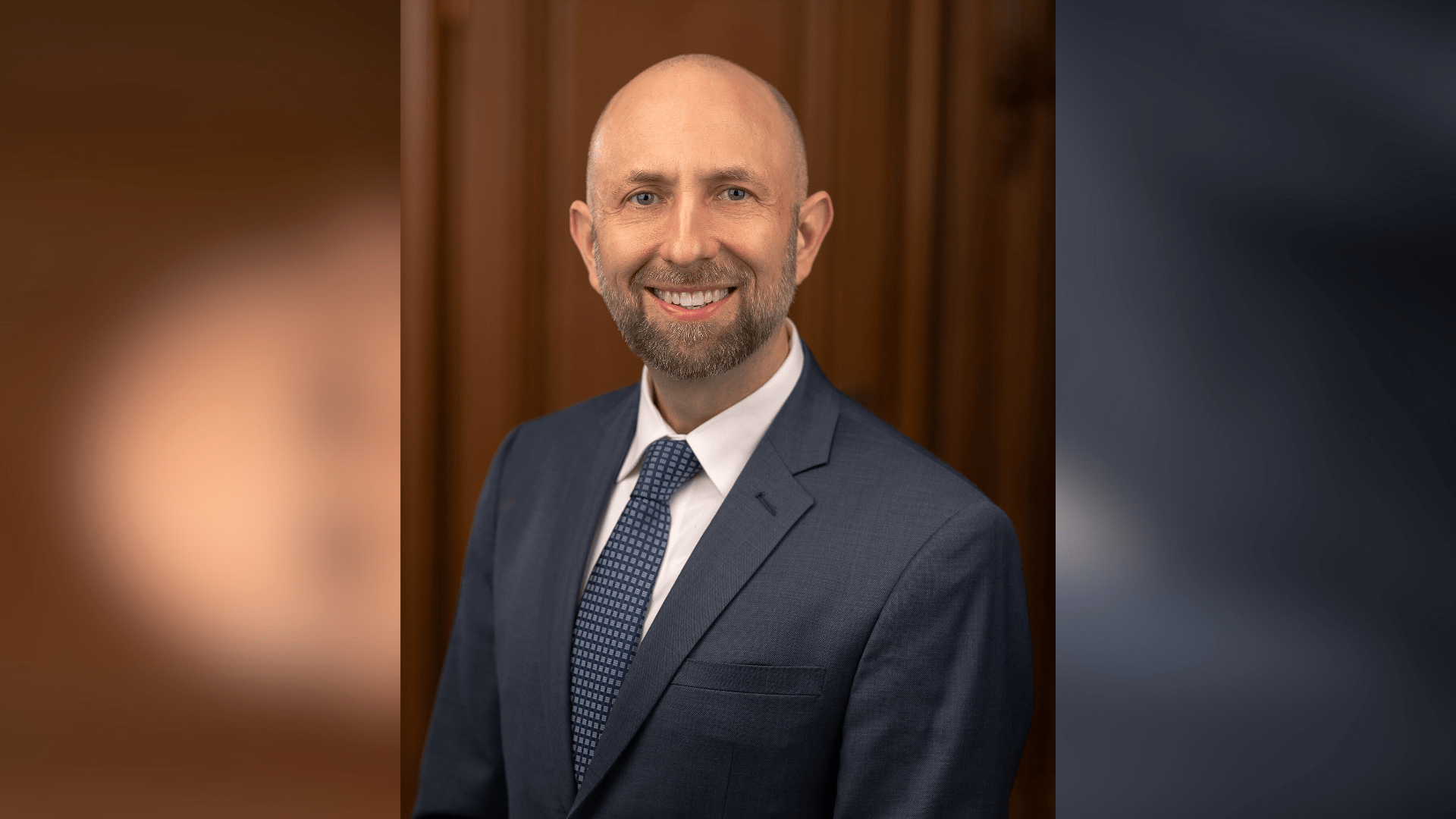
Another major player, GrowSF, led by Sachin Agarwal and Steven Buss, has endorsed “common sense” candidates, emphasizing alternatives to “far-left” elected officials.
The network’s influence extends to supporting specific candidates, like Joel Engardio, backed by GrowSF, who emphasizes increased police staffing, harsher penalties for narcotics offenses, and market-rate housing.
Concerns Arise About the Long-Term Impact of Billionaire Interference
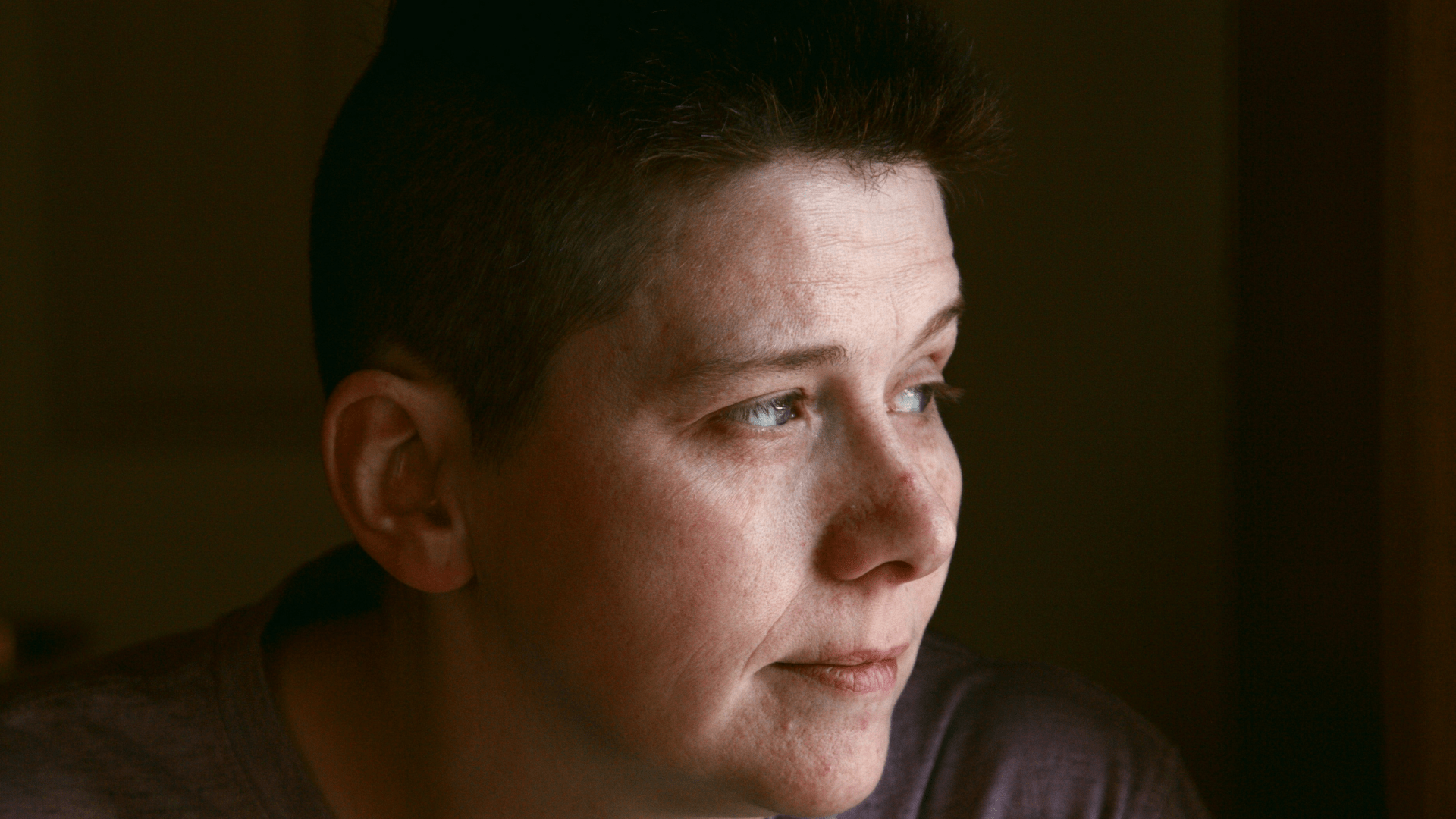
Despite criticisms and concerns about the lack of transparency in their financial contributions, these tech billionaires continue to exert their influence.
This reality has prompted questions about the long-term impact of their deliberate strategy on San Francisco’s political landscape.
Intricacies of Political Influence

The extensive analysis of campaign filings, non-profit records, and political contributions sheds light on the intricacies of this political-influence machine.
This new view provides us with a more comprehensive understanding of the efforts made by tech billionaires to shape San Francisco’s policies and political trajectory.
